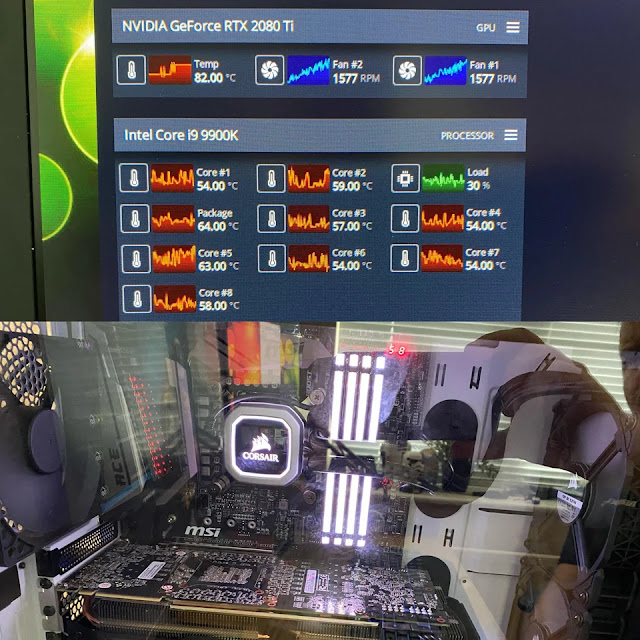
When using your device for gaming or other resource-intensive activities, it's normal for the GPU to generate heat. But how hot is too hot?
There are a few different schools of thought when it comes to what temperature a GPU should operate at. Some users believe that as long as the GPU doesn't overheat and cause damage to the system, any temperature is acceptable. Others believe that there is an optimal range of temperatures that will keep the GPU running at peak performance.
So, how hot should a GPU get when gaming? There is no one answer to this question. It depends on a number of factors, including the make and model of your GPU, the quality of cooling in your system, and how demanding the game or application you're using is.

Of course, there will be times when your GPU gets hotter than this. If you're pushing it hard with intense graphics settings or extended gaming sessions, it's not uncommon for the temperature to rise above 80 degrees. As long as you're keeping an eye on things and your system isn't crashing or showing other signs of instability, there's no need to worry.
If you are concerned about your GPU temperature, there are a few things you can do to help keep it cool. First, make sure that your system has good airflow. This will help to keep all of the components, not just the GPU, from overheating. You can also invest in a better cooling solution, such as an aftermarket CPU cooler or a dedicated GPU cooling system.
It is important to know how hot your GPU should get when gaming, as overheating can lead to damage. In general, most gamers try to keep their GPU temperature below 80 degrees Celsius. This gives the device some headroom to operate without overheating, while still allowing it to perform at its best.
Optimum GPU gaming temperatures range from 65 to 85°C (149° to 185°F) under normal use conditions. Your GPU should not hit 85°C (185°F) more than once during your gaming sessions. If your GPU hits 85°C (185°F) often, check your airflow and make sure that nothing is blocking the fans or radiator. If you don’t have a custom cooling solution, you can try underclocking your GPU to lower its temperature while gaming.
Ultimately, how hot your GPU gets when gaming is up to you. If you're comfortable with pushing it hard and letting it run a little hotter, there's no need to change anything. But if you want to err on the side of caution, keeping the temperature below 80 degrees is a good rule of thumb.
Comments
Post a Comment